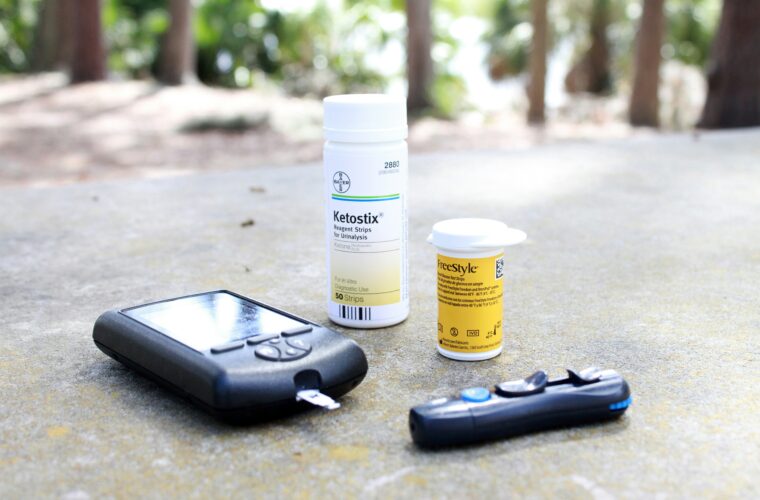From Facebook to smart assistants for doctors, thanks to artificial intelligence. This is the summary concerning the path of Alexandre Lebrun and Nabla, the French health startup founded by Lebrun himself after his exit from Mark Zuckerberg’s company. Lebrun’s interest in medicine reflects his study of AI, a crucial theme throughout the Nabla CEO’s career. LeBrun’s other ability is to sell well the startups he founds, as was the case with VirtuOz, which developed virtual agents for companies to interact with customers and was acquired by Nuance Communications in 2013, and later with Wit.ai, an artificial intelligence platform with which to create voice-activated interfaces, founded in the same year and acquired by Facebook in 2015.
This is how Lebrun came to Facebook. He went into engineering at Facebook AI Research under the guidance of Yann LeCun, one of the founding fathers of artificial intelligence and current head of AI Research at Facebook, who supported Lebrun’s project by becoming one of Nabla’s first investors.
What is Copilot
The Paris- and Boston-based startup is one of many companies aiming to improve communication between doctors and patients, seeking to combine efficiency with time savings. This is a crucial step because almost half of the time is spent daily by doctors managing patient records. In particular, Nabla is one of the startups exploiting AI to lighten the workload of doctors, more specifically ChatGPT-3, a crucial element in the solution developed to create Copilot. This service transforms patient conversations into action.
Through automated transcription of consultations, Copilot generates a structured clinical note for direct integration into patients’ Electronic Health Records (EHRs). Nabla Copilot aims to automate every administrative task, reducing by half the time physicians spend on them while improving clinical documentation quality.
It may seem trivial, but the AI healthcare assistant could benefit doctors and patients. The former are overburdened because they have to take care of too many patients, whose care also involves paying attention to the documents needed to plan meetings and possible future interventions. Fixing this loophole would free doctors from unskilled tasks, leaving them more time to devote to visits and interventions.
As one of the first companies to test ChatGPT-3 as a paying customer after its release in May 2020, Nabla aims to realise its large-scale language model over time, customising it to specific medical and healthcare needs. Currently, Copilot is still under development but is already used by doctors and some 20 clinics in France and the US.
A healthcare startup with few doctors
Although errors and limitations in providing solutions are to be expected at an early stage, for Lebrun, investing in the medicine-AI pair is a necessary step because although every large linguistic model presents risks and a margin of error of around 5%, artificial intelligence is such a powerful model that it is worth the investment of significant capital. However different in the scope of use and, above all, the consequences, a parallel can be drawn between how AI could change healthcare for the better and how Robotic Process Automation has improved the efficiency of companies.
With 40 employees and $20.6 million in funding so far, Nabla is focusing its studies on AI, leaving some puzzlement about a startup dedicated to healthcare that needs medical experts on its team. Several well-known health professionals are all on the list of consultants, such as Megan Mahoney, chair of the Department of Family and Community Medicine at UCSF, and Professor Claire Le Jeunne, head of the Department of Internal Medicine at AP-HP, Europe’s largest hospital group.
No diagnosis, yes, fast time
To make up for the imbalance, Lebrun had considered putting his work on hold and taking a medical degree course but then decided to limit himself to feedback from doctors and other clinical staff hired to provide the perspective of those who treat patients’ practices every day. “As a physician, I know that my colleagues are always short on time and have more important tasks to do than fill out electronic medical records. With Nabla’s enhanced clinical notes, doctors can look their patients in the eye throughout the consultation and make sure they remember every word they say by sending a summary of the encounter,” told Jay Parkinson, Chief Medical Officer of Nabla.
Compliant with the European GDPR, with patient data not being stored on company servers, Nabla does not want to provide diagnoses to patients for now, an option that may only come much later. ‘We don’t want to overstep the boundaries and make diagnoses, but rather improve doctors’ lives by saving them time,’ Lebrun specified.



